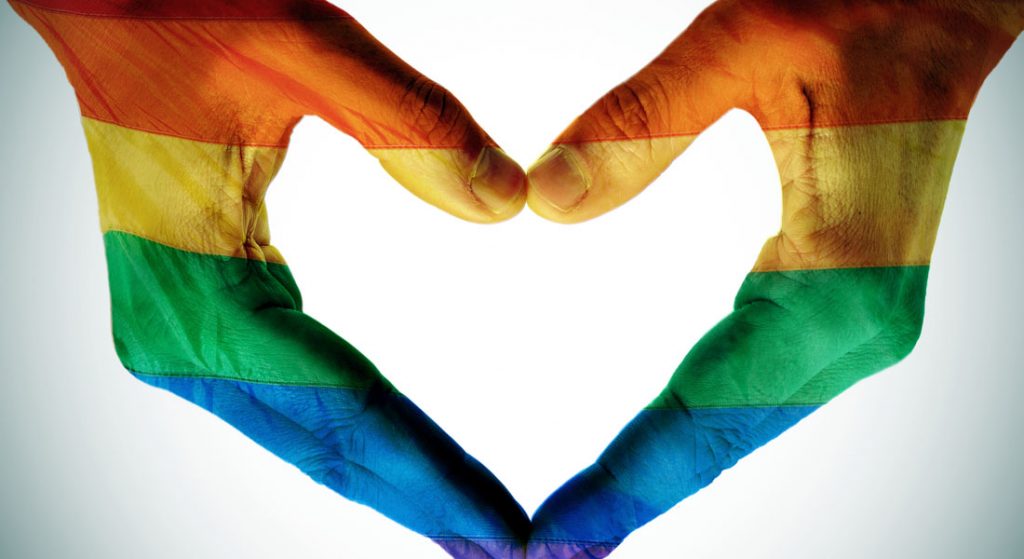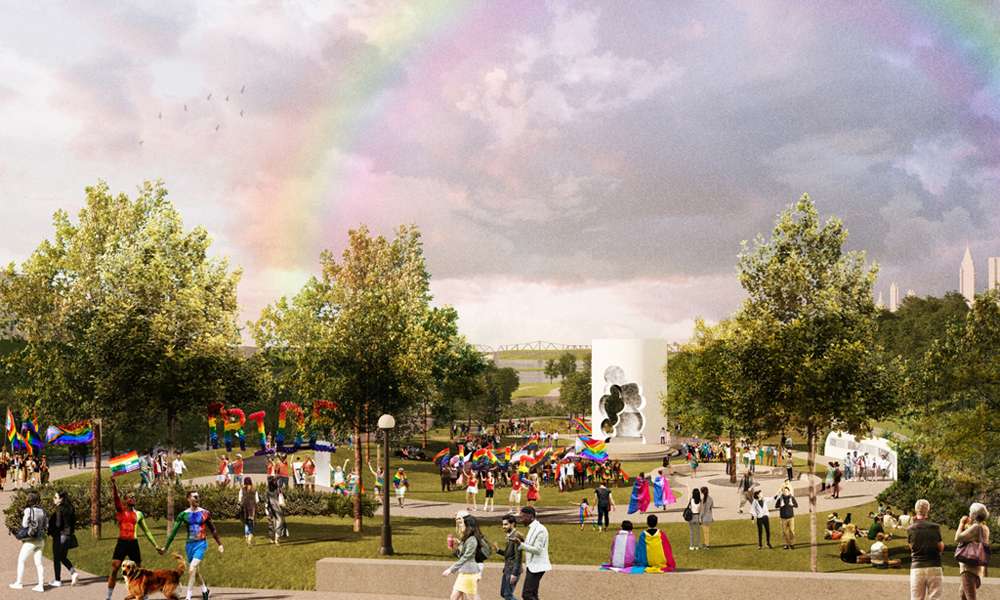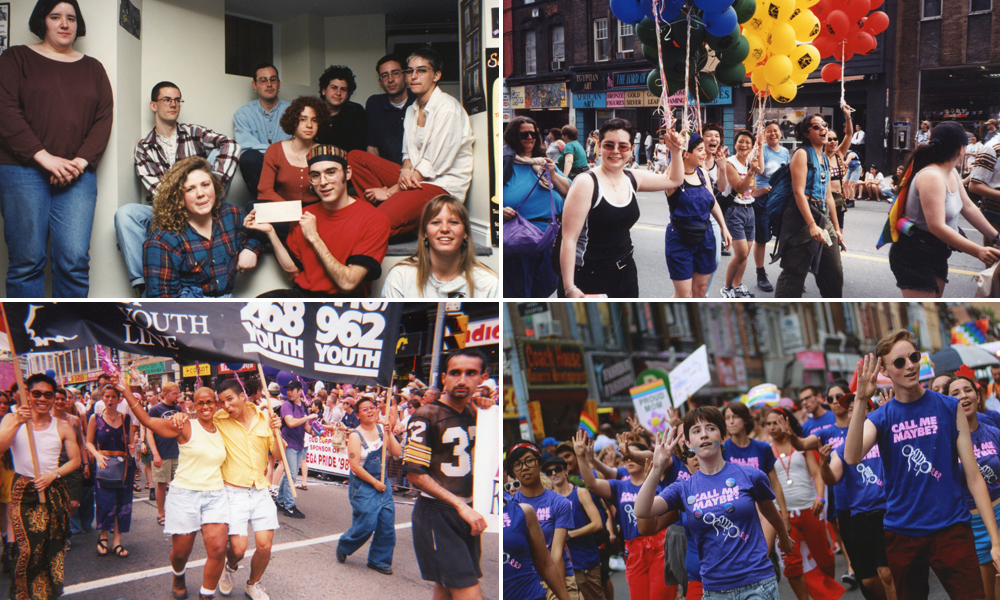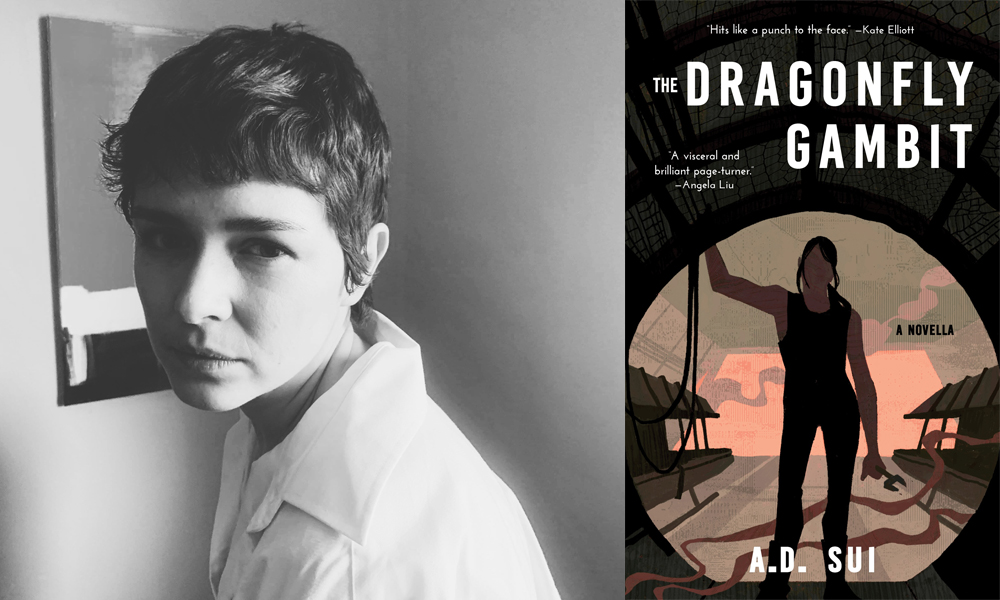Whether you are a member of the community or not, you too can be an LGBT ally…
By Colin Druhan
People who identify as members of Canada’s LGBT community are vastly outnumbered by people who don’t. For this reason, there is often a focus on how cis straight people can be allies to those who identify as bi, gay, trans or otherwise gender-diverse. However, considering the breadth of identities and experiences in our community, it’s important for all of us to learn to be allies to one another. Remember that whether you are a member of the community or not, you too can be an LGBT ally. Just remember a few key points:
Your experience is not universal
Every LGBT person experiences biphobia, homophobia or transphobia, along with other forms of discrimination, differently. Don’t pretend you can put yourself in someone’s shoes, because you can’t. You can, however, learn from others’ experiences by listening to their stories and allowing that to help shape how you endeavour to treat others with respect. When people talk about the unique challenges they face, good allies listen with an open mind.
Learning is about listening more and talking less
Making assumptions about what people need in order to feel supported is counterproductive. It’s much more helpful to ask people what they need from you, and to listen intently when people speak up. When someone communicates the language they use to describe their gender identity, sexual orientation or other details such as chosen name or pronouns, it’s important to mirror that language back to them so they know you listened and that you respect them.
Being an ally is not a spectator sport
What makes someone a true ally is taking continuous action to combat biphobia, homophobia and transphobia in all of their forms. If you hear someone use inappropriate language or express ill-will towards members of the community, take a minute to confront them on this (so long as it is safe for you to do so). Also know when to stand back and keep quiet to help amplify someone else’s voice when they need to speak from their own experience.
Being a member of the community is not a licence to discriminate
Having experienced biphobia, homophobia or transphobia in some form should give you an idea of how tough discrimination can be to deal with. Think about that before you allow your identity to justify putting someone else down because of who they are. Are you going to allow your challenges to embitter you against your community, or are you going take a stand for others who need your help? Similarly, just because you’ve never experienced biphobia, homophobia or transphobia doesn’t mean others haven’t.
Everyone makes mistakes
Oscar Wilde said that “experience is simply the name we give our mistakes.” If someone expresses how something you said or did made them feel, it’s best to listen and focus on what you can do differently moving forward to help them feel supported. You may not have meant to make someone feel bad, but good allies take responsibility for their actions and take steps to recover from their mistakes. Sometimes the hardest words to say are “I’m sorry”—that’s what makes it meaningful when you actually say them (and mean it).
COLIN DRUHAN is the executive director of Pride at Work Canada, a not-for-profit organization that empowers employees to foster workplace cultures that recognize LGBT employees. For more information, visit prideatwork.






POST A COMMENT